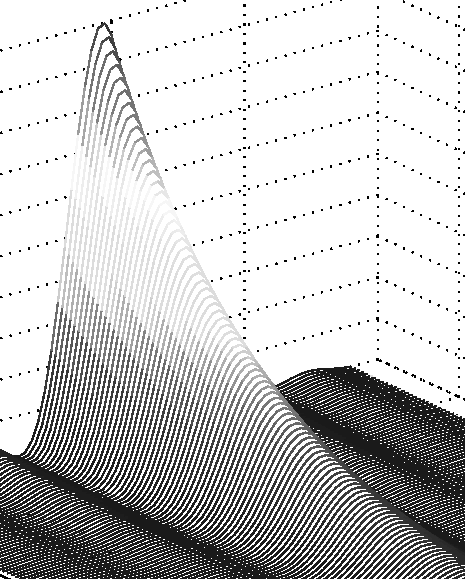Returning To Personhood: On The Ethical Significance Of Paradoxical Lucidity In Late-Stage Dementia
By David M Lyreskog

About Dementia
Dementia is a class of medical conditions which typically impair our cognitive abilities and significantly alter our emotional and personal lives. The absolute majority of dementia cases – approximately 70% – are caused by Alzheimer’s disease. Other causes include cardiovascular conditions, Lewy body disease, and Parkinson’s disease. In the UK alone, it is estimated that over 1 million people are currently living with dementia, and that care costs amount to approximately £38 billion a year. Globally, it is estimated that over 55 million people live with dementia in some form, with an expected 10 million increase per year, and the cost of care exceeds £1 trillion. As such, dementia is widely regarded as one of the main medical challenges of our time, along with cancer, and infectious diseases. As a response to this, large amounts of money have been put towards finding solutions over decades. The UK government alone spends over £75 million per year on the search for improved diagnostics, effective treatments, and cures. Yet, dementia remains a terrible enigma, and continues to elude our grasp.

